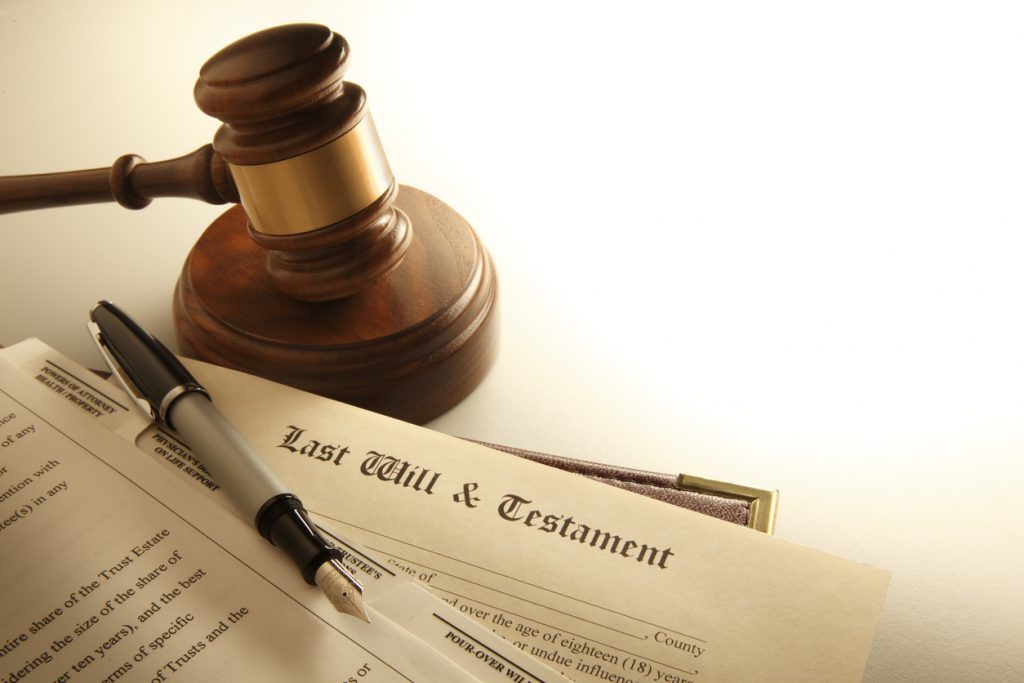
The partners of Kutner Law LLP are always shocked at how many of our clients are purchasing million-dollar homes, other property and practices/businesses but do not take the time to have a Will prepared and signed.
Tax Implications On Death With Or Without A Will
All capital property including such property as real estate, shares of a company (if your business/practice are owned through a company), business assets owned personally, etc. are deemed to have been disposed of on death at fair market value for tax purposes. Therefore, if there are any accrued gains since the deceased initially purchased the capital property there will be a capital gain triggered and tax will be payable by the estate. For example, if you purchased a capital property for $1,000,000.00 and on death it was worth $2,000,000.00 there would be a deemed gain of $1,000,000.00 and tax to be paid by the estate of approximately $250,000.00. There are exceptions where the sale of capital property will not attract including the principal residence of the deceased which would not attract tax and possibly the shares of an active business corporation such as a dentistry professional corporation which may benefit from the capital gains exemption of approximately $835,000.00 (for 2017).
However, if a testator died with a Will and left everything to his or her spouse there is a rollover of capital property that could result in no tax payable on the 1st spouses to die with a substantial deferment.
Passing Without A Will – Intestacy And The Succession Law Reform Act
If you pass away without a Will you are said to die intestate, being without a Will, and your estate must be dealt with under The Succession Law Reform Act, Ontario (the “Act”) which specifically sets out the order of succession. In all cases your spouse will receive a preferential share of the estate of the first $200,000.00 of your estate. If the deceased has left one child and spouse then the spouse gets the 1st $200,000.00 and the balance is divided equally between the spouse and child and where there is a spouse and more than one child the spouse will receive the 1st $200,000.00 preferential share and the balance will be divided one third to the spouse and the balance equally between the children. The Act continues to set out the method of distributing the estate depending on who survives the death assuming there is no spouse and/or no children.
However, the following are some of the negative aspects of dying without a Will:
- You do not get the benefit of choosing a guardian for your minor children if the deceased is the last to die.
- You will not be able to choose the executor of your estate being the person who follows instructions if you had made a Will – someone (most likely the spouse of the deceased) will apply to the court to be the administer. The application to the court is expensive and time consuming without the benefit of a Will resulting in long delays in selling your assets – e.g. If you own a dental or other business and cannot sell it quickly it may quickly lose its value.
- There may be a rollover of capital assets for those assets that go to your spouse but no rollover will occur for capital assets that go to your children under the Act. This will result in unwanted taxes;
- This may leave a spouse without adequate assets to pay his or her day to day living expenses as not all of the assets will go to the spouse of the deceased.
- The estate may lose the benefit of the capital gains exemption described above.
- You will not be able to take case of certain dependents such as parents if you die without a Will.
- The estate may pay excess amounts of probate fees some of which could have been saved by dual Wills – on large estates the savings can be substantial.
Summary
We strongly suggest that you speak to Kutner Law LLP to set up a meeting to at least discuss preparing your Will in order to minimize taxes and to deal with your estate in the manner you want.